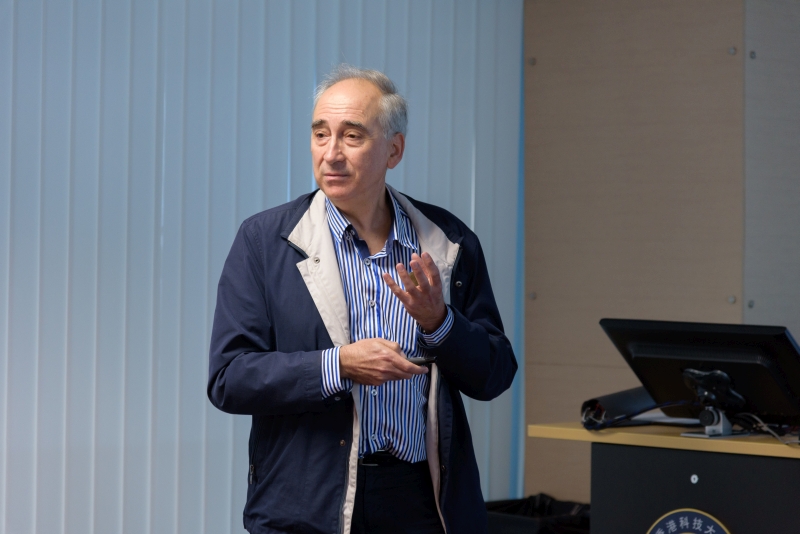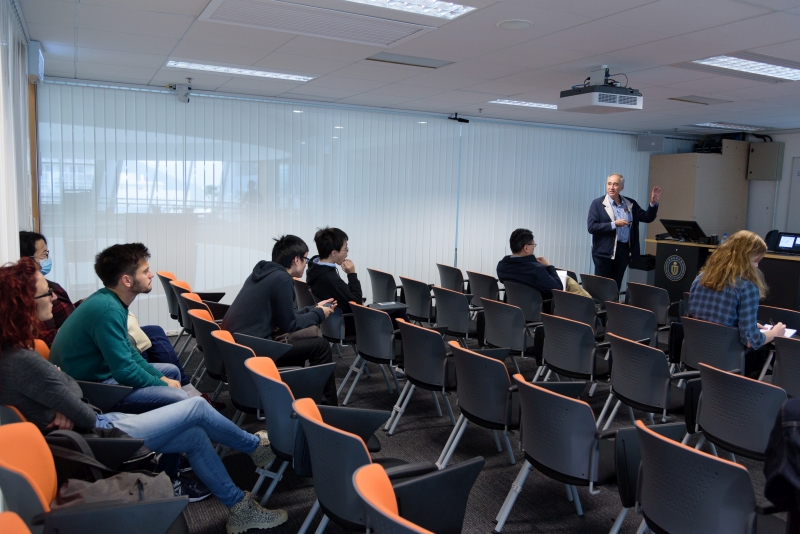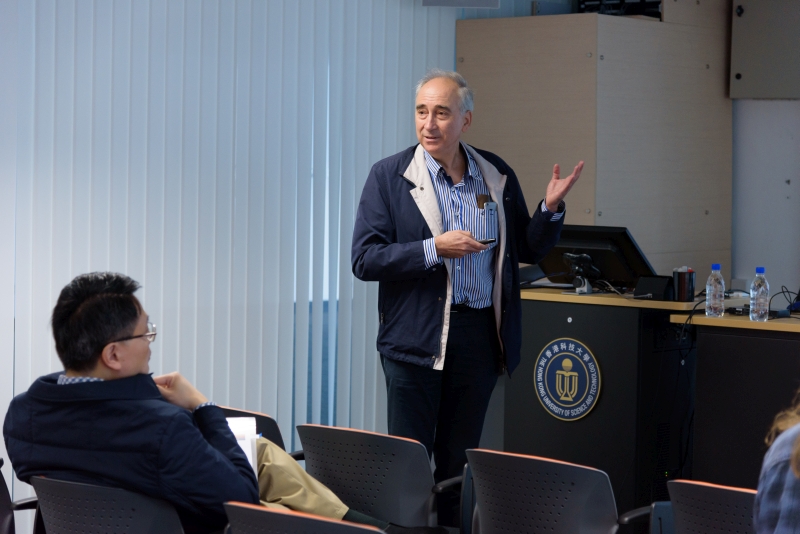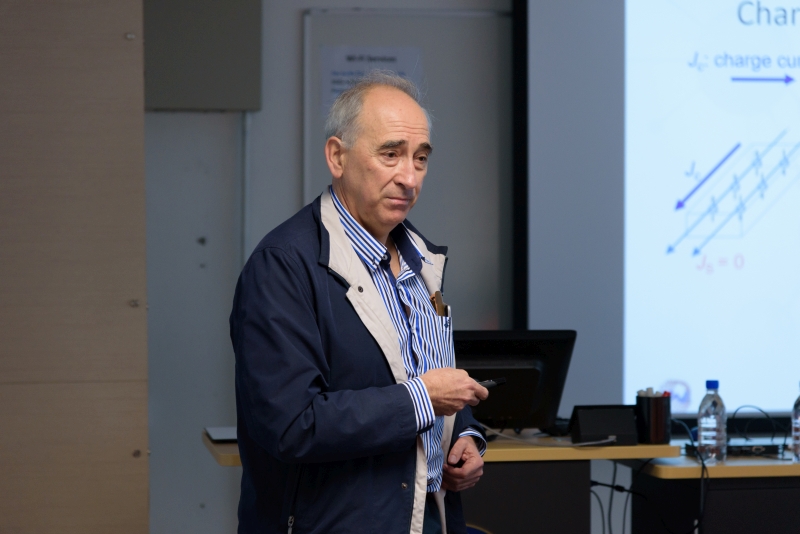Electrons, Spins and Magnons: Their Role for Energy Conversion
Abstract
In this lecture, the speaker will report relevant physical phenomena in the field of spintronics that will influence the field of energy conversion. Charge and spin constitute attributes of electrons that mediate new discovering in metallic and magnetic materials. The discovery of the inverse spin Hall effect in metals with strong spin orbit coupling allowed the detection of the spin currents. These dissipationless spin currents can be presented in metal and in ferromagnetic insulator. The recent discoveries of the spin Seebeck and spin Peltier effects open a new field of research that involves new physics for energy conversion. He will show evidence of how these effects are amplified in multi-layered systems, in which the existence of non-magnetic metal/ferromagnet interfaces gives rise to a strong enhancement of the spin Seebeck effect in Fe3O4/Pt multiple-bilayers due to the magnon spin currents conversion in electron spin currents and vice-versa through the heterostructure.
About the speaker
Prof. Manuel Ricardo Ibarra García received his BSc in Physics from the University of Granada in 1979 and his PhD in Physics from the University of Zaragoza in 1983. He is the Founding Director of the Institute of Nanoscience of Aragon, Director of the Advanced Microscopy Laboratory and Professor of Condensed Matter Physics at the University of Zaragoza, Spain. He also serves as the Head of the Magnetism Section of the European Physical Society and a managing partner of three spin-off companies.
Prof. Ibarra’s research excellence was recognized by the region of Aragon and the Spanish government. He has made major contributions in areas such as magnetic anisotropy in rare earth intermetallics, colossal magnetoresistance in mixed valent magnetic oxides, giant magnetocaloric effect alloys and the applications of nanoparticles in biomedicine and magnetoresistive sensors.
Prof. Ibarra was awarded the Plaque of Honour AEC-2014 by the Spanish Scientists Association and the CSIC Honor Tribute (2009) by the Spanish National Research Council. He also received an honorary doctorate degree from the AGH University of Science and Technology in Krakow, Poland (2008).






